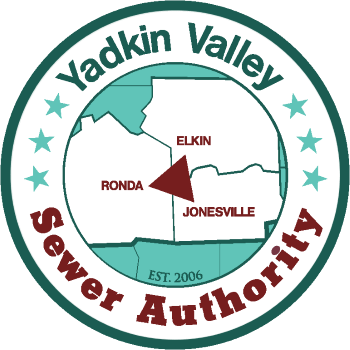The past year has forced local government utilities to make difficult decisions about how to maintain operations while providing essential services during an infectious disease pandemic, as discussed in several of our past blog posts (here, here, and here).
Financial viability is a cornerstone of a utility’s ability to weather a proverbial storm that disrupts revenue flows. A viable system is one that functions as a long-term, self-sufficient business enterprise while providing reliable water services. The EFC has been on the look-out for stories of utilities and municipalities that are making steps towards financial viability, even in the midst of challenges like COVID-19.
The town of Ahoskie, located in rural Hertford County, has been implementing financial best practices over the past few years to decrease expenses and pay off debt, which set them up to survive a financially straining event like a lockdown. Below is a part of their story, here is a video that highlights the work they’ve done, and here is a more in-depth report. More resources regarding evaluating costs can be found at this webpage.




